IEEE’s Plan To Help Combat Climate Change
Cars That Think
MAY 5, 2022
The IEEE Board of Directors formed an ad hoc committee on climate change in February to coordinate its response to the global threat. Rahman is a professor of electrical and computer engineering at Virginia Tech. Why should IEEE be involved in combating climate change? Why should members care about climate change?

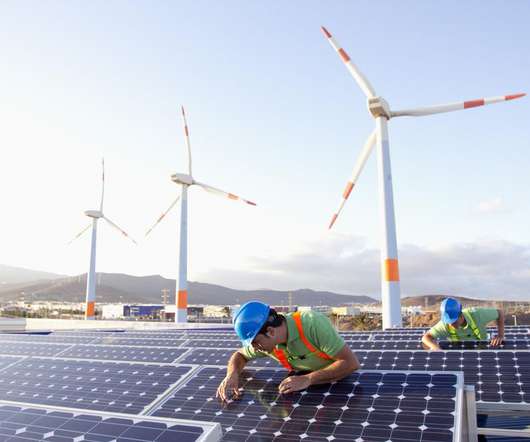

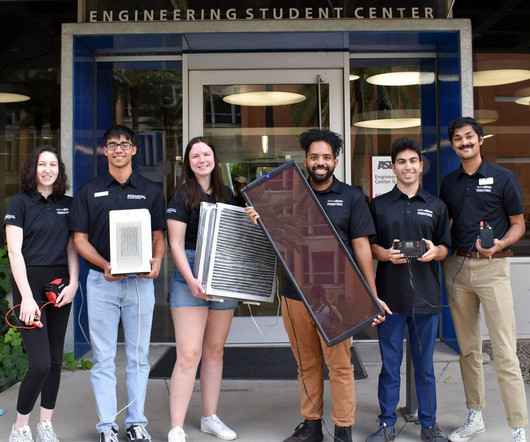





















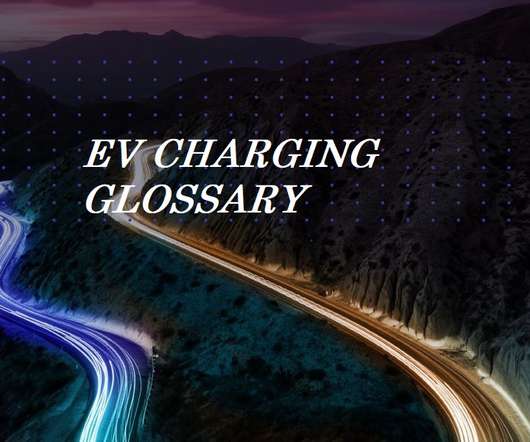





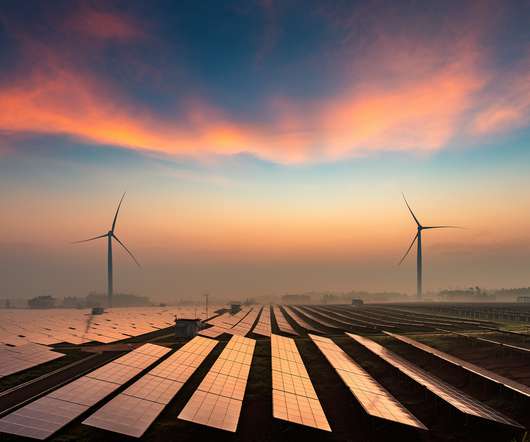
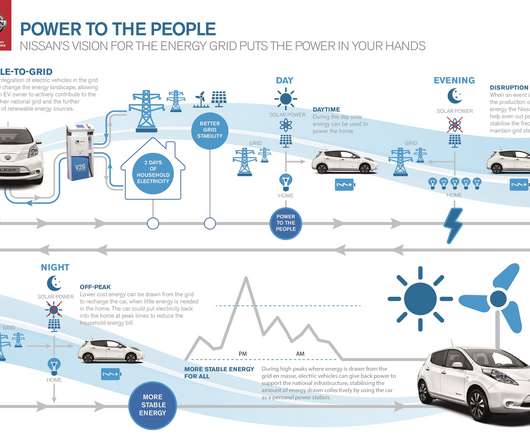





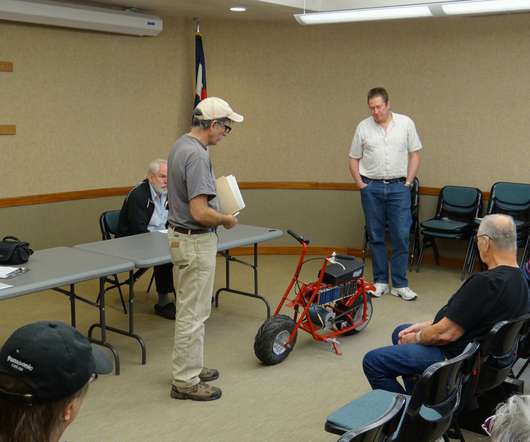






Let's personalize your content